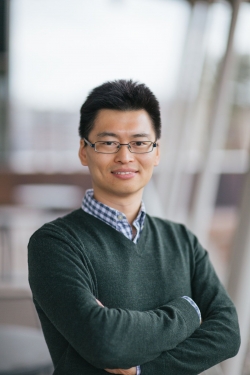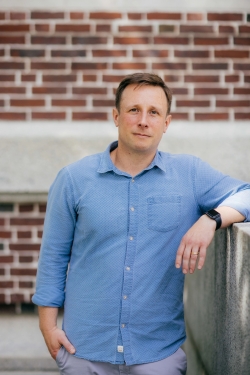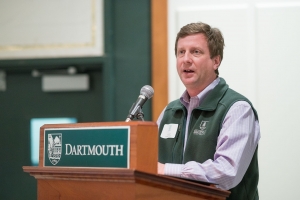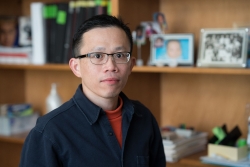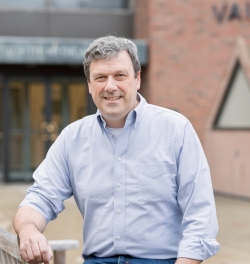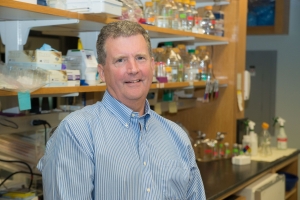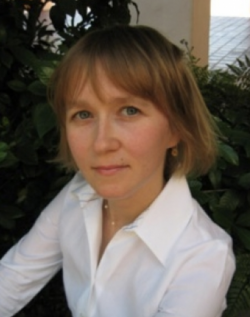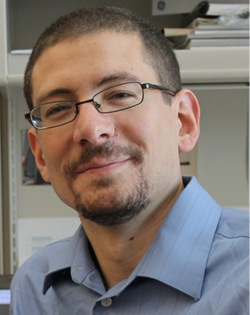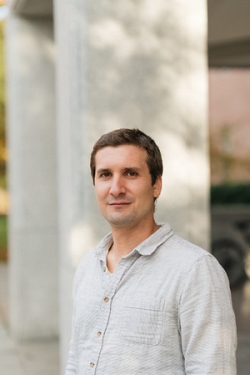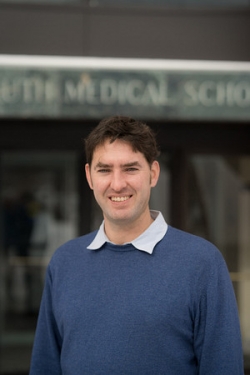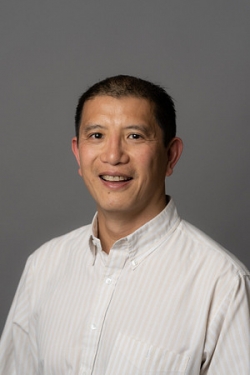Allan Gulledge, Ph.D.
allan_gulledge.jpg
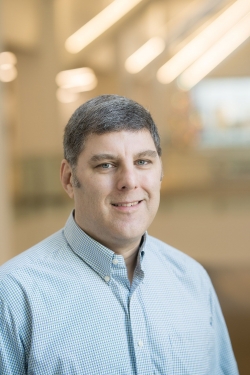
Associate Professor of Molecular and Systems Biology
Office: 601 Vail
Phone: 603-646-5249
Our research focus is the cerebral cortex, an area of the brain that serves as the biological substrate for the higher cognitive functions that define us as individuals. We wish to identify the mechanisms by which individual cortical neurons process and transmit information within the cortical circuit. To accomplish this we employ electrical and optical recording techniques that measure neuronal activity in neocortical neurons under a variety of experimental conditions.
